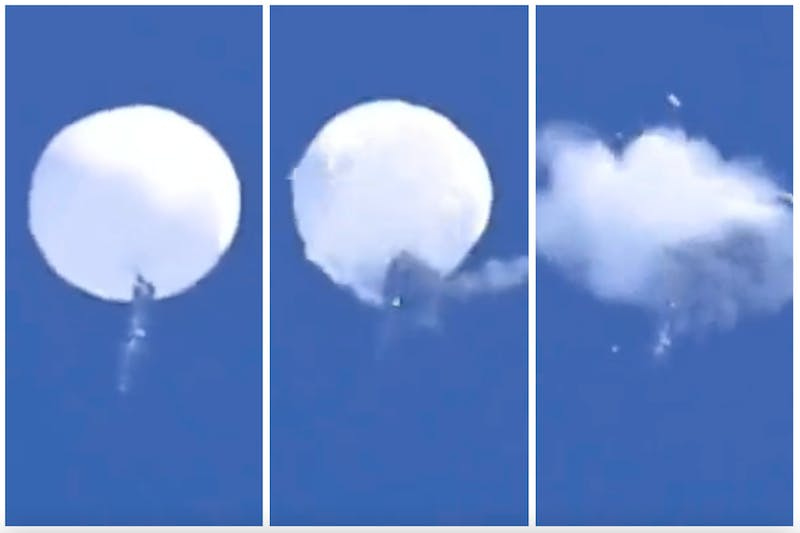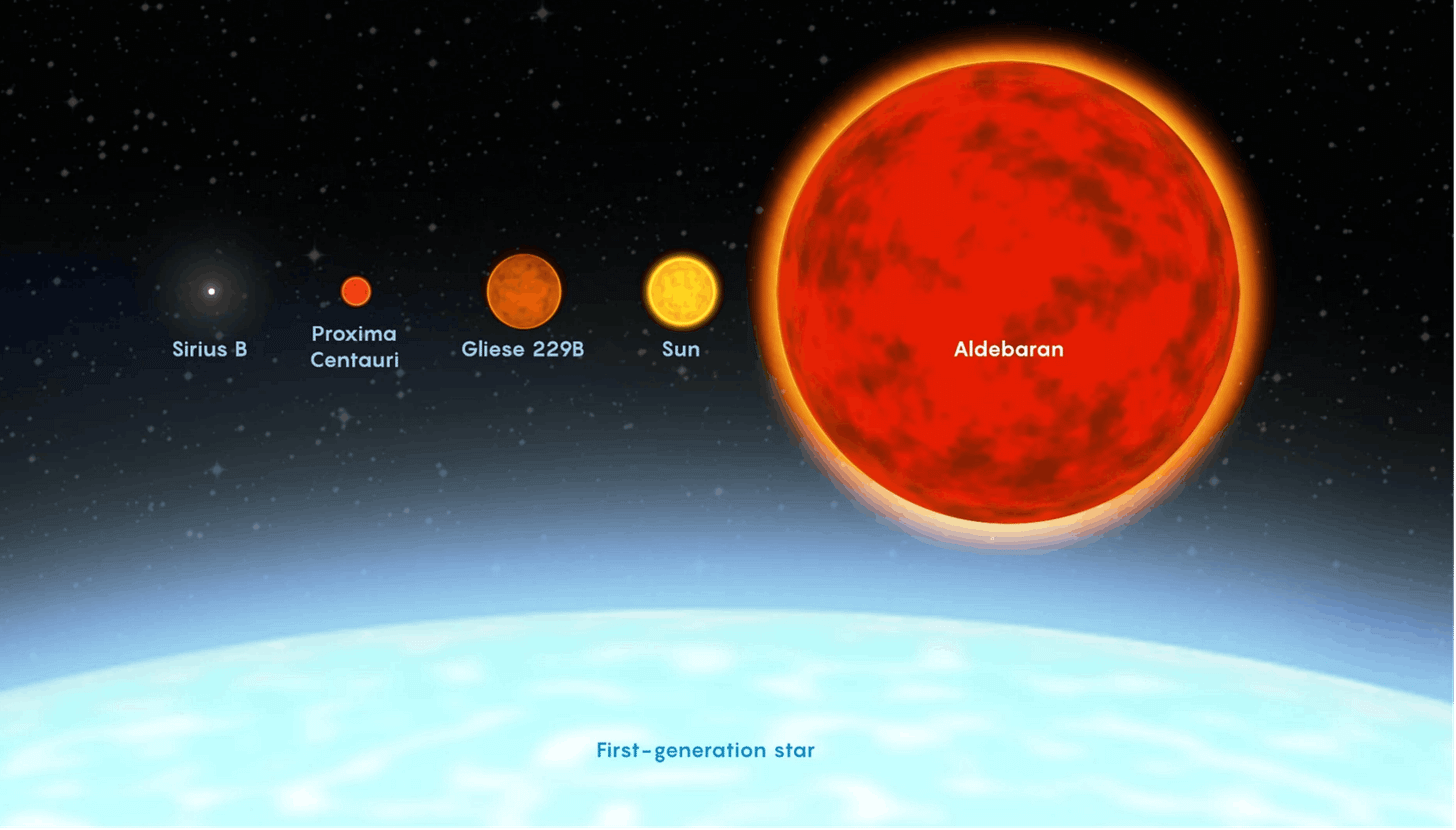Weekly round-up:
1. China’s public opinion on balloon incident
The Chinese public is flabbergasted that the balloon frenzy has been commanding US news coverage for almost two weeks. Chinese media commentary and the public have come up with all kinds of explanations for what they deem as irrationality.
The explanations roughly divide into four major categories: first,there are those who suspect US Secretary Blinken using the balloon as an excuse to cancel his China trip, the result of which he lacks confidence in; others point at intense party rivalry in US as the catalyst for US overreaction, because neither party wants to be seen as “soft on China”; a third group suggests that the US government is only projecting its own past onto China, as spy balloons were common instruments for US espionage on China during the 50s and 60s. The fourth group believes that the US government is colluding with mainstream media to hype up the accident in order to divert public attention from an environmental hazard in Ohio.
Overall, Most Chinese people are surprised to see the US manifesting what they consider “insecurities” to such an extent.
2. China May Delay Retirement Age
A report claiming China is expected to delay retirement age surfaced on Chinese internet, triggering hot debates. This is not the first time talk of delayed retirement has gone viral on Chinese internet.
China is facing an increasingly aging population. According to the seventh national census, there are 260 million people aged 60 and above in China, with a population share of 18.7 percent, of which 190 million are aged 65 and above, with a population share of 13.5 percent. More crucially, expert estimates that China will enter into a retirement peak starting in 2023, incurring surging pension expenditures.
3. Chinese Scientists Spots the Earliest Stars Lighting up the Universe
Recently the Chinese Academy of Sciences (CAS) looked into more than 2,000 pieces of spectral data sent back by the James Webb Space Telescope (JWST) and found evidence of Helium II in a distant galaxy only 620 million years after the Big Bang, thus confirming the first stars in the universe. This is the first direct evidence of the first stars in the universe. Confirmation is still needed. The team’s paper, posted on the preprint server arxiv.org on December 8, is awaiting peer review at Nature.








